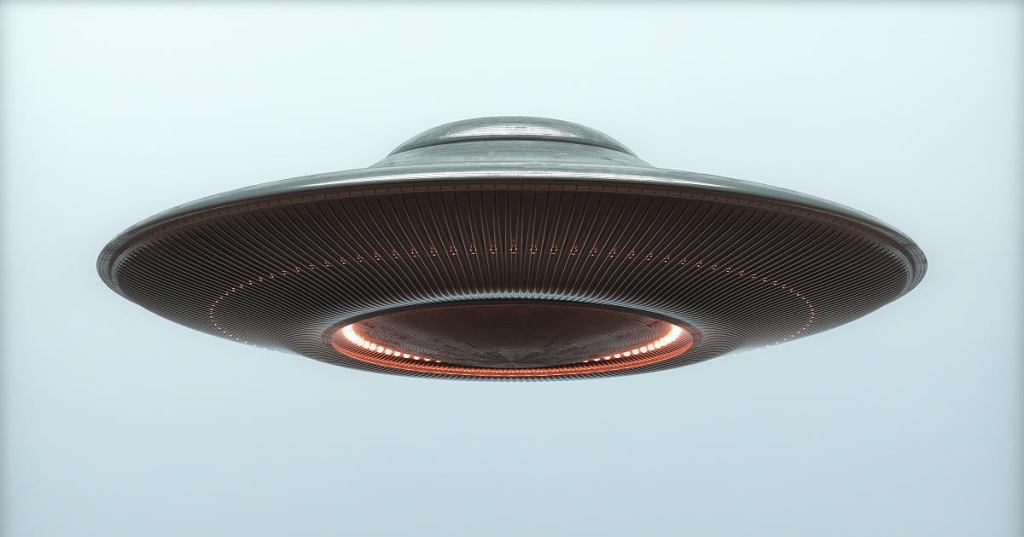An alleged UFO sighting in Tennessee this weekend has been explained, meaning all theories about extraterrestrials in this case have been debunked. On Saturday night, residents in Columbia, Tennessee, saw a string of lights traveling through the sky in a straight line before disappearing into the blackness. While many thought this might be some kind of advanced spacecraft, it was actually just a satellite device launched by Elon Musk’s company SpaceX.
The strange lights in the sky went viral this weekend after videos of the phenomenon were posted online. Scotty Morton sent his video to local NBC News affiliate WSMV, saying: “I’ve never seen anything like this before.” However, the news outlet was able to confirm that the lights were a group of SpaceX satellites. This small cluster of orbital devices is a part of the company’s satellite internet service called StarLink, which is meant to provide low-cost internet access to remote and rural areas.
Videos by PopCulture.com
“StarLink is the world’s first and largest satellite constellation using a low Earth orbit to deliver broadband internet capable of supporting streaming, online gaming, video calls and more,” reads the company’s website. “Leveraging advanced satellites and user hardware coupled with our deep experience with both spacecraft and on-orbit operations, StarLink delivers high-speed, low-latency internet to users all over the world.”
SpaceX began developing StarLink in 2015 and launched its first batch of 60 satellites in May 2019. At the time, the company’s goal was to put 2,200 total satellites in orbit, hopefully at a pace of about 44 satellites per month. Sure enough, the company launched 22 new satellites from the Cape Canaveral Space Force Station last week. It’s unclear if these were the ones seen in the sky in Tennessee.
Some astronomers have raised concerns about Starlink’s plan for a widespread network of hardware in low orbit. For one thing, sightings like these just go to show that the objects are often visible and can be alarming – as well as a hindrance to ground-based astronomy. For another thing, the satellites join plenty of other objects in low orbit and scientists fear the ripple effects of this congested high-altitude traffic. SpaceX has answers in place for some of these concerns, though visibility remains a constant issue.
For UFO hunters, these kinds of satellites are likely to be an increasing distraction. The U.S. military recently had to answer to a high-level whistleblower, David Grusch, so interest in UFOs and UAP is at a high right now. Hopefully stargazers will be able to see past Musk’s satellites when they want to.









